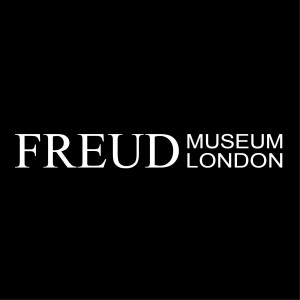
Tom Artin: Primal Scene/Primal Wound: The psychoanalytic arc of Parsifal
After they have witnessed the scarlet-suffused ritual revealing the Grail in Act I, Gurnemanz poses to Parsifal the primal question: Weißt du was du sahst? Do you know what you saw? This question is an enigma whose solution becomes the goal of the “pure fool’s” arduous quest. The answer, we will discover, is the primal scene, which, in Act II, is experienced by our hero not just vicariously, but in the flesh viscerally and shatteringly in Kundry’s passionate embrace. “Amfortas! The wound!” Parsifal cries out in retreat from the brink of penetration. In that sudden insight, he is overwhelmed by the reality of the castration threat lurking at the heart of every primal scene. The emotional sequelae following upon erotic enlightenment—guilt, remorse, compassion, and finally absolution—constitute the measured denouement of Parsifal, which culminates in a fantasy of redemption and the illusory resolution of primal anxiety.
Tom Artin is the author most recently of What Parsifal Saw. A previous book, The Wagner Complex; Genesis and Meaning of The Ring, was presented at the Freud Museum’s Freud/Wagner conference in 2013. He has lectured on this book to Richard Wagner Societies in the United States, Austria, and Germany. Other books are The Allegory of Adventure: Reading Chrétien’s Erec and Yvain, and Earth Talk: Independent Voices on the Environment. Artin holds both a B.A. in English Literature, and a Ph D. in Comparative Medieval Literature from Princeton University.
In our conference 'Wagner, Freud and the End of Myth' (2013) we argued that by taking the mythic dimension and bringing it into the human realm, Wagner anticipated Freud in his depiction of unconscious processes of the mind. It could be said that Freud and Wagner were dealing with the same stuff - the “fundamental psychosexual issues that affect us all” as Barry Millington put it, and for that reason a fruitful dialogue can exist between their two bodies of work.
The present conference is entirely devoted to Wagner’s final masterpiece, Parsifal, and explores whether this sublime, troubling and contentious work prefigures psychoanalytic insight or resists psychoanalytic interpretation. As a story of compassion and redemption, which nevertheless describes a world of perversion and mental anguish, what can Parsifal tell us about the secret springs of human desire and the conflicts of human nature? And how did Wagner manage to create it?
More Episodes
 2015-09-22
2015-09-22
 2015-08-28
2015-08-28
 2015-07-24
2015-07-24
 2015-07-14
2015-07-14
 2015-07-14
2015-07-14
 2015-07-14
2015-07-14
 2015-07-14
2015-07-14
 2015-07-09
2015-07-09
 2015-06-25
2015-06-25
Create your
podcast in
minutes
- Full-featured podcast site
- Unlimited storage and bandwidth
- Comprehensive podcast stats
- Distribute to Apple Podcasts, Spotify, and more
- Make money with your podcast
It is Free
- Privacy Policy
- Cookie Policy
- Terms of Use
- Consent Preferences
- Copyright © 2015-2024 Podbean.com



